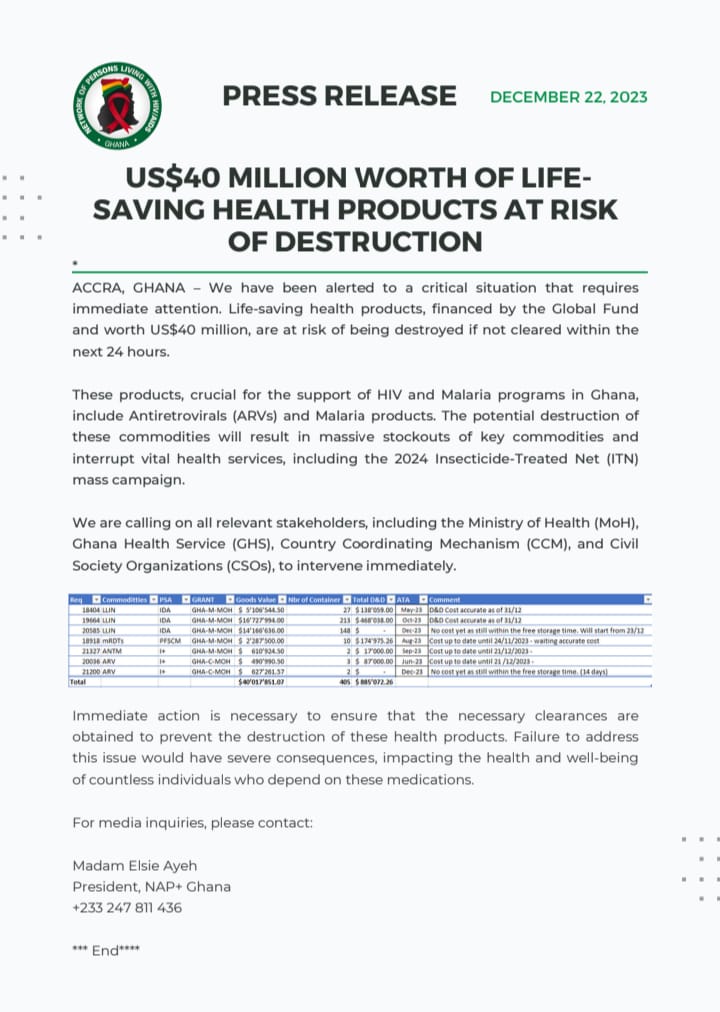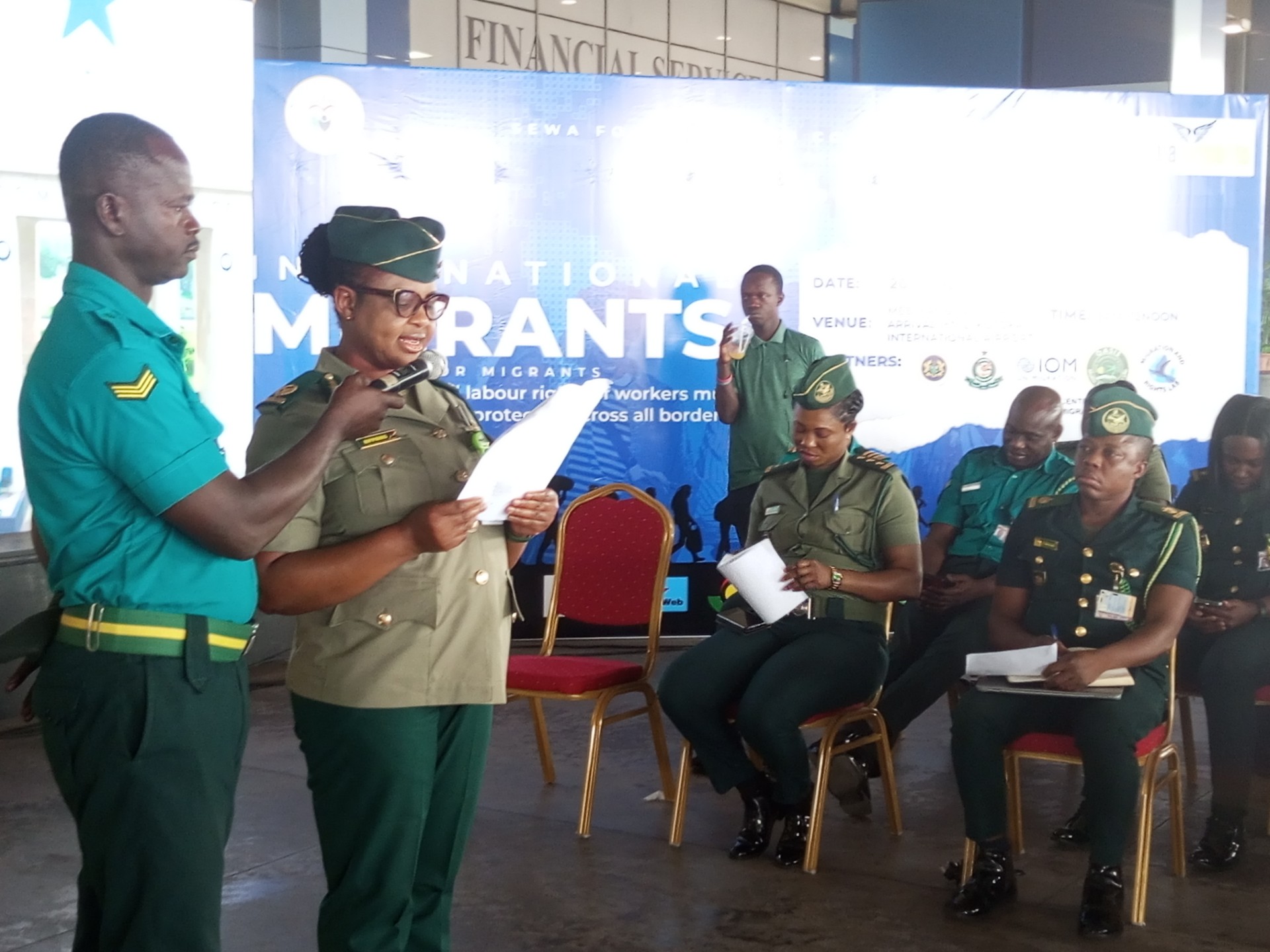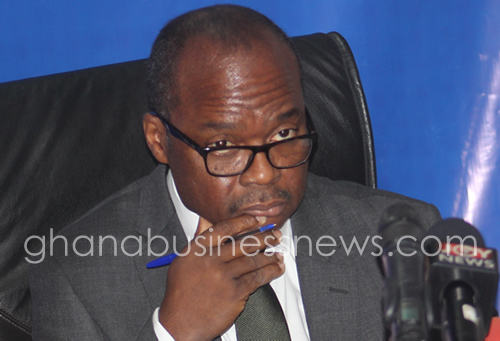
A recent analysis by the Institute for Energy Security (IES) points to the fact that power generation has consistently fallen short of meeting peak demand, impacting domestic energy reliability and reducing the country’s ability to meet export commitments.
The report, which examined Ghana’s power generation data from September 1 to October 27, 2024, highlights an average daily shortfall of 700 megawatts (MW) – sometimes reaching up to 1,000MW and forcing the country to rely on imports to meet its energy needs.
The report reveals that power generation averages around 3,000MW daily, while peak demand hovers at approximately 3,700MW. This consistent inability to meet peak demand not only affects reliability of local supply but also limits our ability to maintain stable export volumes.
Additionally, neighbouring countries such as Togo, Burkina Faso and Benin rely on Ghana’s electricity exports, yet the shortfall in meeting local demand often forces the country to curtail these exports – impacting trade relations and revenue.
“Ghana’s power infrastructure has potential to bridge the demand gap, but persistent issues restrict full utilisation,” the report noted, adding that on October 7, 2024 power generation nearly met peak demand – an isolated instance that underscores limitations in the system’s ability to sustain increases.
Meanwhile, export volumes fluctuate between 100 MW and 400 MW, with reductions typically made to prioritise Ghana’s domestic electricity needs.
IES warns that the decline in export volumes could impact Ghana’s regional trade relationships, as the neighbouring countries’ energy-planning and security depend on Ghana’s consistent exports.
These reductions in exports, especially during peak demand periods, risk straining bilateral trade agreements with neighbouring countries.
To offset the domestic shortfalls, Ghana imported 1,605MW of power from La Cote d’Ivoire between September 12 and October 7, 2024. During this period, Ghana reduced exports to Togo, Benin and Burkina Faso to manage its supply constraints.
While imports help meet immediate demand, this approach is unsustainable.
“The reliance on imports to offset domestic shortfalls is a signal that Ghana’s generation system is stretched thin – and this is not a sustainable solution for meeting long-term needs,” the report notes.
IES recommends strategic investments to expand Ghana’s generation capacity and optimise the use of existing dependable capacity to reduce strain on the generation system.
The post Editorial: Strategic investments required to avert energy shortfalls appeared first on The Business & Financial Times.
Read Full Story















Facebook
Twitter
Pinterest
Instagram
Google+
YouTube
LinkedIn
RSS